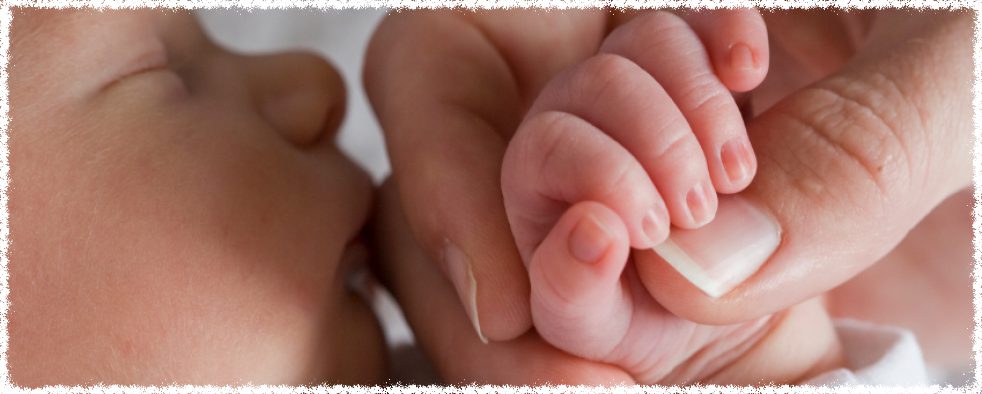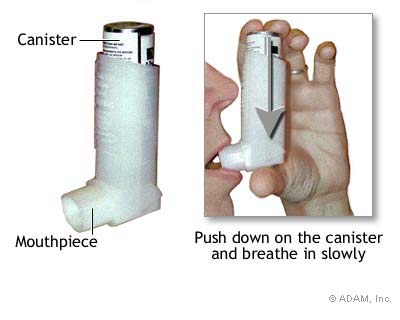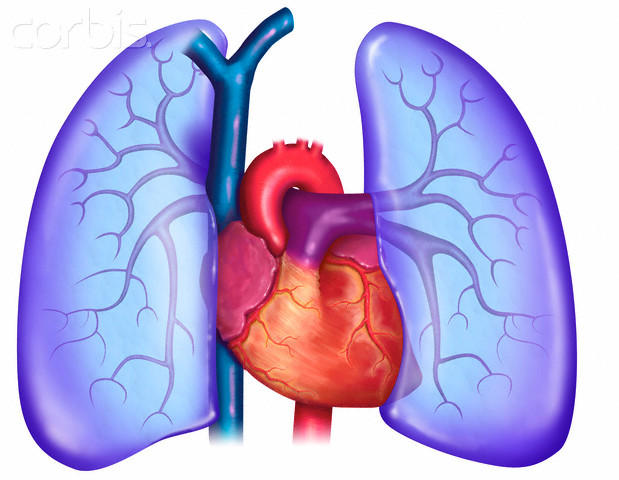Humidity and Aerosol Therapy
Many people wonder whether it is better to breathe though their nose or through their mouth; after all both ways get the job done. As a respiratory therapist, I recommend the nose. During inhalation though the nose, the turbinates increase the contact time between the mucosa and inspired air. As inspired air enters the… Continue reading Humidity and Aerosol Therapy





